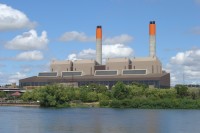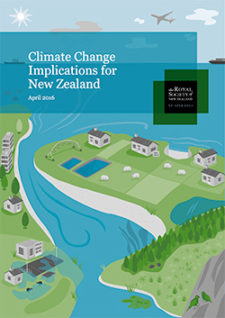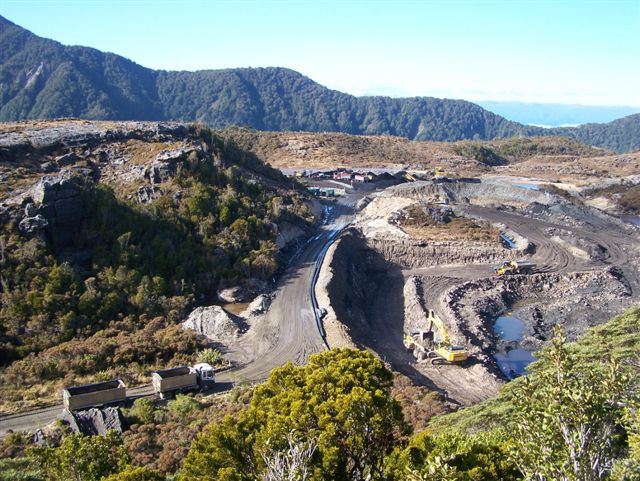
The decision to keep the Huntly coal thermal power station open for another four years is not only contrary to all New Zealand’s commitments and climate targets, it also sends the Ministry for the Environment’s projections of stabilising energy emissions to 2020 up in a cloud of coal smoke.
We seem to have had an extra dose of announcements and activities about climate change in an action-packed month of April.
Climate change minister Paula Bennett signed the UN Paris Agreement. The Morgan Foundation’s “Climate Cheats” report made a big splash. That lead to Jack Tame’s grilling of Paula Bennett. And the Royal Society of New Zealand released two major reports on climate change; one on impacts and another on policy responses. The business-backed Pure Advantage group released a report about enhancing forestry sequestration.
So what did the New Zealand energy industry do to elbow it’s way into the climate change spotlight? How do you beat signing the Paris Agreement or compete with climate fraud?
You just say you are going to burn more coal!
On 28th April 2016, Genesis Energy and Meridian Energy announced they had reached an ‘arrangement’ that would keep the coal-burning Huntly thermal power station open for an extra four years. This deal postpones the expected shut down from the planned 2018 date to 2022.
Continue reading “NZ’s emissions reductions go up in smoke as generators keep Huntly coal burning”

 This is the biggest new coal burning project in the country, with the hearing happening just as our Minister for Climate Change is about to travel to New York to sign the Paris agreement where we undertook to reduce our greenhouse emissions a totally inadequate 11% below 1990 levels. (It’s even more inadequate when
This is the biggest new coal burning project in the country, with the hearing happening just as our Minister for Climate Change is about to travel to New York to sign the Paris agreement where we undertook to reduce our greenhouse emissions a totally inadequate 11% below 1990 levels. (It’s even more inadequate when 

You must be logged in to post a comment.